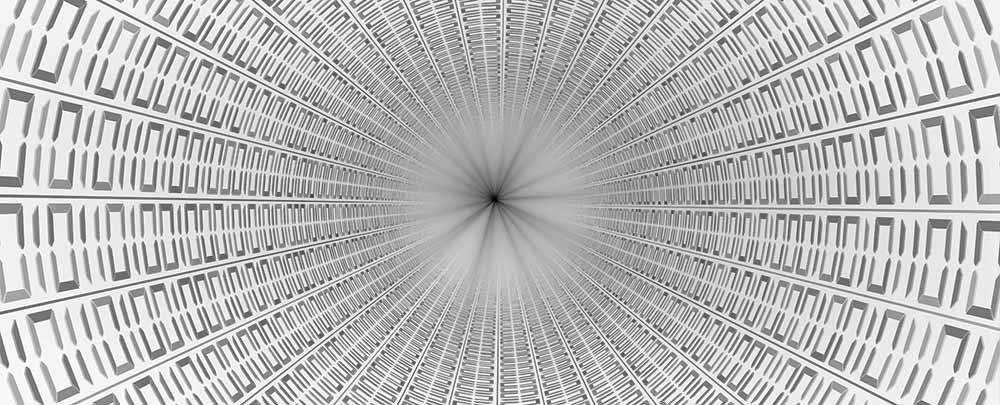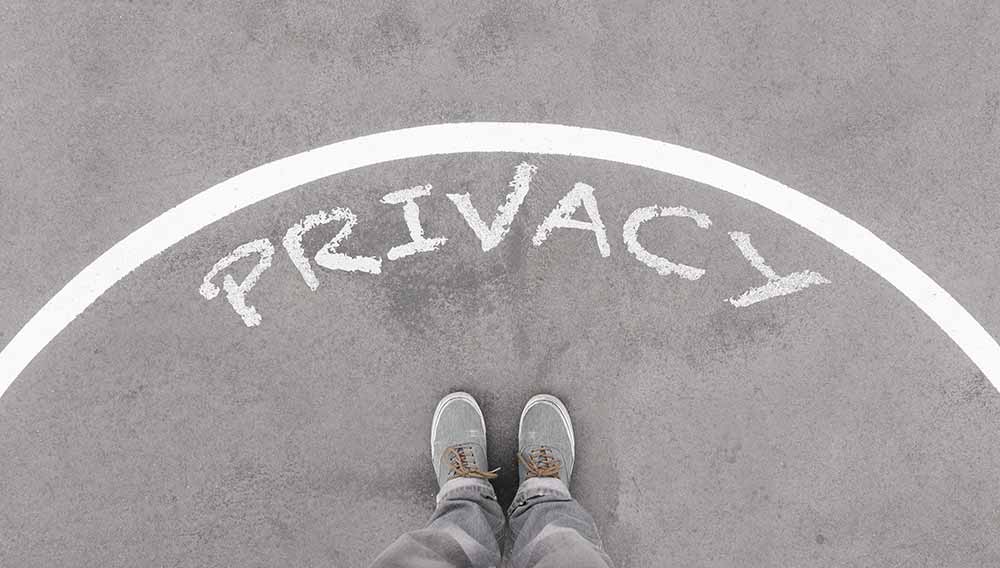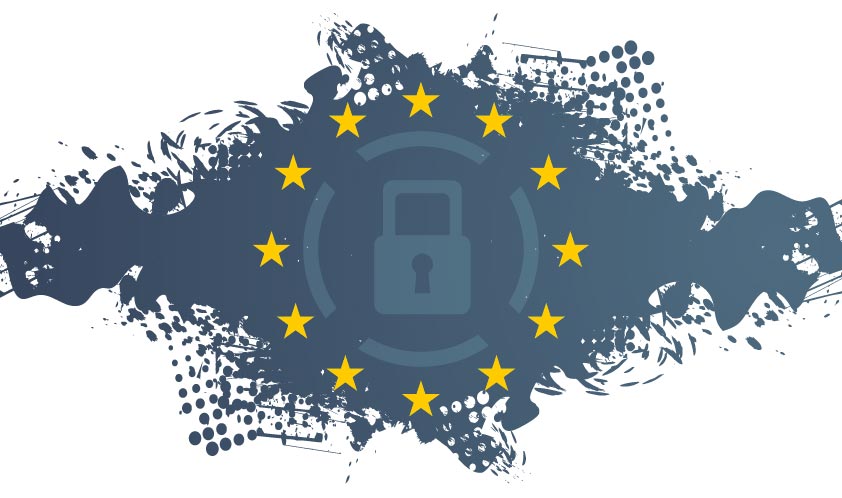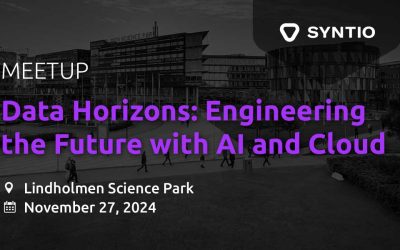
Emma Robinson
MARKETING SPECIALIST
A conversation around Big Data and Data Ethics with the students of Fakultet hrvatskih studija
The world we live in is one that is complex, ever changing, and incredibly fast paced. Our society and our way of life is driven by patterns of behavior, which we have recognized and utilized to bring the complicated systems around us under some element of control. The way in which we have started to manage these complexities is by using data. Structured data such as our names, addresses, and other personal details are used to provide us with services, and unstructured data is used to help us navigate the world around us. Unstructured data sources such as weather patterns or traffic alerts, after analysis can provide us with tools that can make our lives a little easier. But what happens after all this data is collected? How is this information stored, processed, and managed, in an ethical and safe way? Syntio believes is a corporate responsibility to try to provide answers to those questions in today’s data driven world, which is why we were so delighted to be invited to spend the morning with the students of Fakultet hrvatskih studija, part of The University of Zagreb, who were eager to learn from our Chief Evangelist Jason Gould.
Data is collected for many purposes, and it provides us with a way to make predictions, analyze findings and patterns, and to keep a record of important things we need to live our daily lives. Over the last 20-30 years, data has been collected from every facet of our lives, whether that be from the items we buy at the supermarket, when we visit the doctor, the television shows, or films we watch, the advertisements we click on when browsing the internet, and even the weather or how we travel to work.
Big data captures all this information, and it is used to create systems that can help to enhance our lives and make them easier. Without data, we would not be able to predict weather events, and give warnings for potential natural disasters, and we have proven time and time again that early detection systems save lives. Predictions made from the analysis of data drives our global markets and trade systems and allows us to monitor changes around the world in near real time. As our technology has become more advanced, we have seen how using data has allowed us to recognize patterns that we need to act on to change, such as in the case of climate change. Had we had no data from the last 50 years, we would not be able to see the patterns occurring and would not be able to predict future changes and start to combat the negative effects.
Of course, having our lives completely revolve around the data that is collected every millisecond can make us feel nervous about what is being collected and by whom. Data in and of itself is completely benign, it is neither good nor bad, so therefore what the question comes down to, is how this data is used, and who is using it.
Some of the students raised this question with Jason, and one student asked: “Which software or alternative operating system would be best for maintaining privacy and minimizing the collection of my data?”
Jason went on to answer this question in the following way:
“Luckily because the amount of data being generated is so large, one individual will melt into the background. Analytics are carried out with huge amounts of data, rather than being based on just one result. To get an accurate picture of the whole consumer base, the more points of data that are included, the more accurate the result will be. Details are anonymized and usually a single result cannot be attributed to one person. So the real question would be, why do you need it to be private?”
The problems hypothetically only would occur if the data collected is used to pinpoint information specifically about an individual as opposed to one of millions. Gaining insight into one person’s life can lead to security issues where passwords are concerned. Or, for example, a supermarket collects data about the items of food or drink you buy, and this data is then given to healthcare providers- could this data be used to assume that the individual has caused their own health problems by consuming too much alcohol, or because they buy nothing but junk food? Could access to healthcare then be limited or denied because of what that individual decided to place into their online shopping cart?
Hyper personalization is something that we have seen happen in recent years, due to the rise of streaming services using “recommended for you” lists, for example. By companies using the data they collect from us, they can tailor make our services to suit us better, giving us more of the content we want to see, and therefore encouraging us to spend more time watching. Although this is widely seen as one of the positive benefits of our data being collected, it can also be used in a way which we could view as bad. This personalized service means that yes, we watch the things we like, but when the programs offered are the same, it leads us to become bored with the service.
The same could be said when speaking about tracking cookies on websites- If we look online for an item, and then continue to see advertisements for that item on every website, platform, or social media site we use, when does this become overwhelming and intrusive, rather than helpful? Having your data tracked online ensures that our shopping experience and the websites we view are tailor made for us, which can be helpful and insightful, but at what point does this feel like we are being manipulated and influenced by the data we provide to the collectors?
One student had this concern also, and asked what measures should be put into place to prevent big data companies seizing ultimate control, and becoming an authoritarian system themselves? If this corporation is holding all the power, could they themselves become more powerful than the actual government? If data is collected, could it be used in a way that could lead to the punishment or detriment of a group of people, because of their political, religious, or personal views?
We have seen this type of thing happen already, which is concerning, frightening, and has led us to question whether data should be looked after by one group or by many. In the case of Cambridge Analytica we have seen how people can be influenced into making decisions regarding politics and to be quite frank, this errs on the ugly side of how data is used.
With data being collected from many sources, both online and in real life, the real question surely must become how the data can be collected, stored, and used in an ethical and responsible way. When one person, system, or corporation owns this data, who should oversee how it is used, in a way that will benefit the masses rather than cause harm?
In this case, we do have rules and regulations that have been set up and implemented to reduce the risk of harm and misuse of data. This includes GDPR (General Data Protection Regulation) which is a legal framework that sets guidelines for the collection and processing of personal information from individuals who live in the European Union. Companies who collect data must abide by these guidelines when processing data they have collected.
There are many instances where we see the real good that having our data collected and analyzed has brought to us as a civilization, and how our lives have been made easier by the process, but we cannot disregard the bad points. Having knowledge about how people can be influenced and manipulated, can be beneficial and can lead to positive change in the world around us. It can allow us to connect to the things that we really care about and discover ways to change our environment for the better. It can mean that our healthcare and wellbeing is truly personalized for us, and alert us to the things that we need to strive to be better at. But those same good points can also be the things that cause harm and could be detrimental to the world in which we live. Hyper personalization, for example, is fantastic in many cases, but in some could result in an echo chamber that reaffirms beliefs and could cause radicalization and extremist views.
Data holds an immense amount of power in our world today, and it is only with careful management and application that we will see the benefits of the information we provide.
Jason was asked questions by students who live in a world controlled by data, and those questions, some of which we do not yet have enough information about to answer with any degree of certainty, raised ethical dilemmas that need to be discussed more as we move into an era where data truly is power. Syntio was delighted to be able to discuss these topics with the students of Fakultet hrvatskh studija, and we are proud to help the conversation around big data and data ethics grow.

